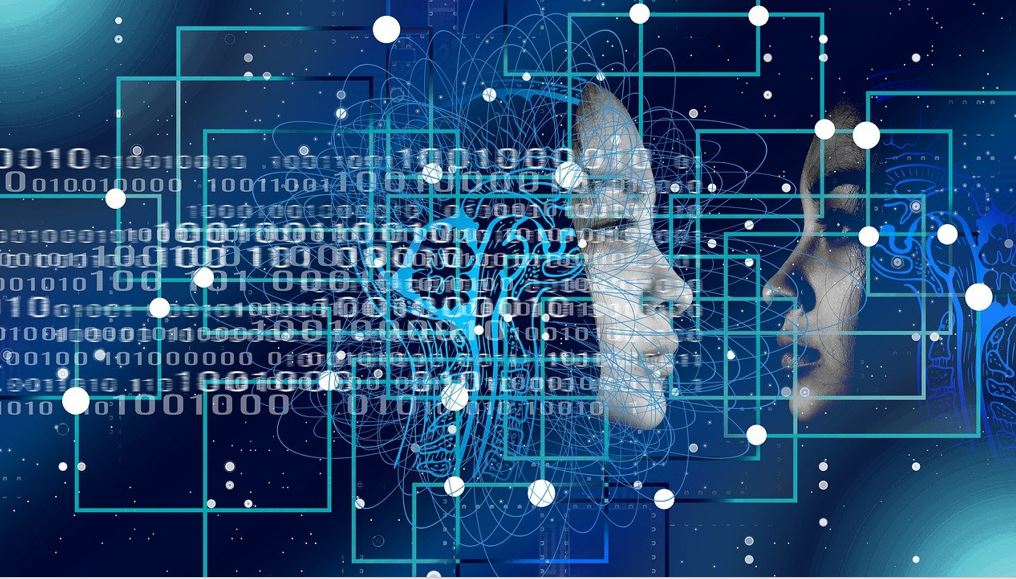Classes are in Portuguese and are available free of charge through the online teaching platforms of some partners listed on Conecta+, Microsoft's qualification hub
Microsoft, in a continuous effort to democratize access to artificial intelligence (AI) in Brazil, launches FluêncIA, a package of free online courses aimed at those who want to start learning about generative AI or update themselves to work in the world of work . The content was recorded only by female Microsoft experts, who work in the areas of data intelligence, AI, cloud and sales. The objective is to reinforce that there is no gender distinction for technology careers, in which women are a minority. Classes are in Portuguese and are available through the teaching platforms of some partners listed on the website. connect+, Microsoft's professional qualification hub, among which the Worker School 4.0, a ATN, and the Capacitate from Trust for the Americas.

In total, there will be around 4 hours of classes recorded by Stéfany Mazon, director of Azure Solutions at Microsoft Brazil, Milene Coelho, advertising account specialist at Microsoft Brazil, Tatiana Aidar, data and AI specialist at Microsoft Brazil, and Renata Marinho, Modern Work Solutions specialist at Microsoft Brazil. The content will cover the following topics: The history of AI; Generative Artificial Intelligence; The evolution of online searches; How to be more productive using Bing Chat; AI Ethics and How to Use Microsoft Copilot. Training can be accessed by students on partner platforms.
Artificial intelligence tools are already a reality in companies in all sectors and are beginning to expand their use to different departments, through Copilot. Copilot is Microsoft's generative AI tool that has been added to the company's solutions such as Windows, Microsoft 365, Azure, Dynamics, among others. Second a Microsoft study on using Copilot in Microsoft 365 In the workplace, done with client companies that were part of the early access program, 70% users reported increased productivity. Using the solution improved the quality of work for 68% of respondents, who also stated that the solution helped boost the creative process. Additionally, users were 29% faster at specific tasks like researching, writing, and summarizing. With the increased use of these tools, it is essential that the workforce not only knows how to use AI, but also understands how the technology works and how to use resources ethically and responsibly.
“The rapid changes in the world of work, generated by advances in technology, make it necessary to have a continuous process of worker training. Without qualified people to deal with the new tools, it is not possible to implement them in the country, which causes delays in Brazil's economic development compared to other countries, which have better levels of digital skills. The lack of professional qualifications has been the biggest obstacle to digital transformation locally. Furthermore, it is important to keep workers updated to generate better economic opportunities and ensure that no one is left behind in the constant and dynamic process of global digital transformation. This is one of the issues we seek to address through FluêncIA and the numerous free training offers, partnerships with educational institutions and NGOs”, explains Lucia Rodrigues, Philanthropy leader at Microsoft Brazil.
Microsoft is committed to generating a positive impact in the territories where it operates, through technology and innovation. Since 2020, the company has created the Microsoft Mais Brasil Plan, with the aim of supporting the country's sustainable development. Among its pillars are Education, professional training and employability; and, since implementing this initiative, the company has already impacted around 8 million people by January 2024, and more than 2 million people have already completed at least one course.
Those interested in Microsoft's new qualification and artificial intelligence courses will be able to access the content on the e-learning platforms of Microsoft partners listed on the Microsoft website. connect+. Furthermore, NGOs and education portals can have access to content for insertion into their e-learning platforms. To do this, simply contact us via email brzphil@microsoft.com and request access to courses.













